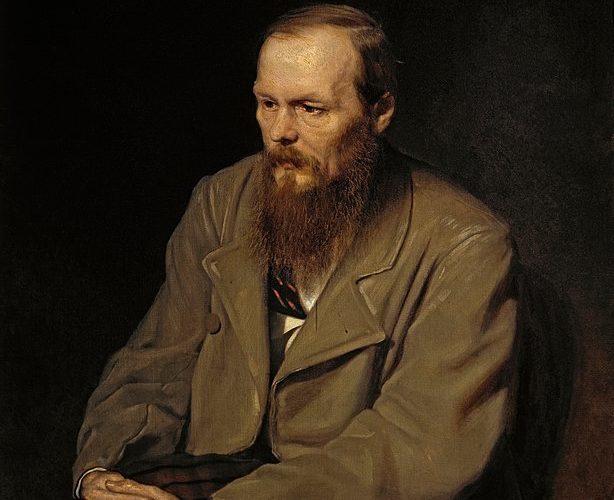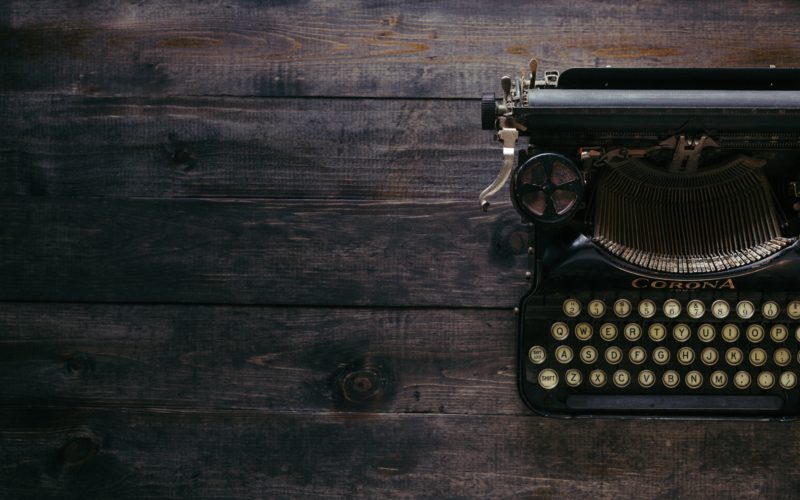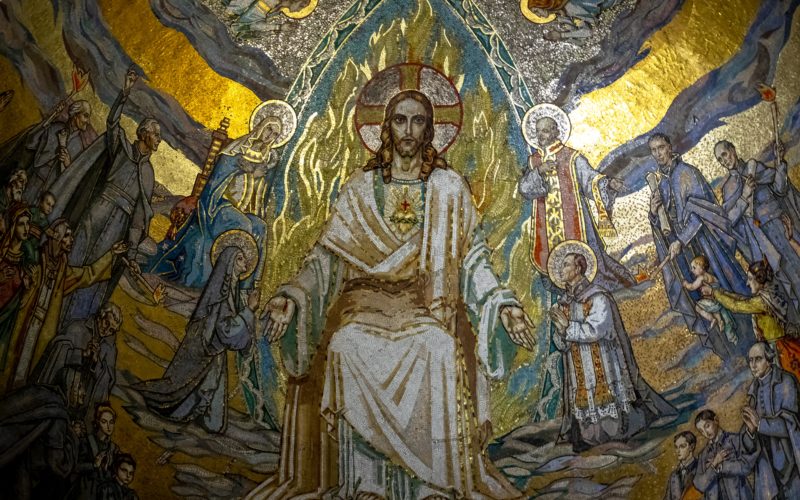Dostoyevsky: “Without God, Anything is Permissible” (3/3)
Christian thinkers have argued for millennia that only God can give objective grounds for the transcendent moral law. Fyodor Dostoyevsky flips that equation in the face of the death of God in Russia, “Without God, anything is permissible.” That is, if God doesn’t exist, there is no such thing as an act that is off limits, immoral or evil. Dostoyevsky warned that if Russia tries to live out the European Enlightenment worldview, then society will quickly realize that a godless universe is a lawless universe.





